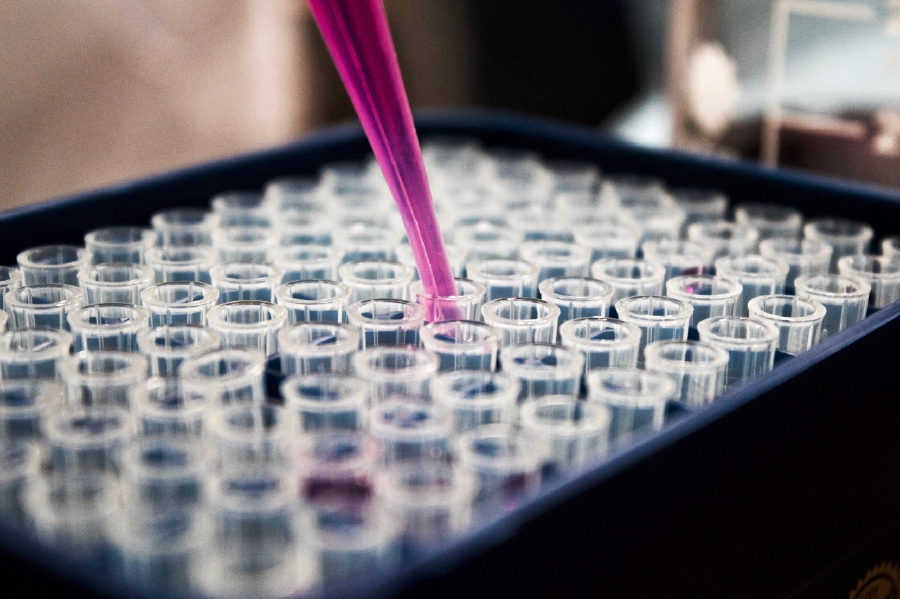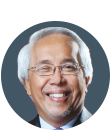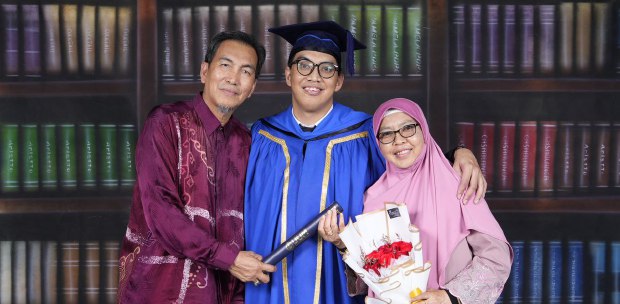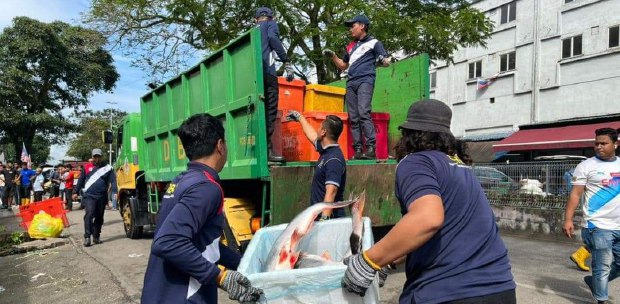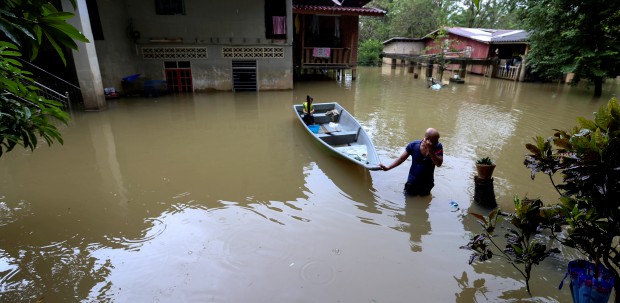IN February, with Covid-19 in full rage, Sudip Parikh, chief executive officer of the American Association for the Advancement of Science (AAAS), published highly insightful thoughts on public trust in science.
Differences in public opinion on science-related issues, he wrote, "often align with educational and ideological differences" and exist primarily in areas of applied science, that is, technologies that affect people directly, such as vaccines, genetically modified food, renewable energy and artificial intelligence.
"When the history of our current moment is written, science will be central to the story.
"In the crucible of 2020, did science rebuild the societal trust needed to defeat the coronavirus?
"Or did a break in trust lead to a lingering pandemic that foreshadowed future failures to solve the coming crises of climate change, food and water insecurity, and economic stagnation?
"Historians will consider what led to this pivotal moment in the relationship of science and society and how it was resolved."
Today, mistrust of science is also being accompanied by a massive infodemic of misinformation, "making it difficult for people to trust in science and to find trustworthy sources of scientific information".
Interest in trust in science issues is building regionally too, highlighted by a webinar last month, "Rebuilding Public Trust in Science", convened by the Southeast Asia Science Advice Network (SEA-SAN), and co-organised by International Network for Government Science Advice (INGSA)-Asia Regional Chapter.
Regional experts in science governance, communication, health policy and social science took part.
Key takeaway points include: science cannot benefit the public without public trust. The development and delivery of Covid-19 vaccines to market in record time, for example, have no meaning and purpose if the public does not trust the science and is unwilling to take them.
There are several keys to promoting public trust in science. Scientists must ensure that information being communicated is factually correct, transparent and clear — avoid jargon and use simple-to-understand language.
News media plays an important role. Caution must be taken to avoid simplification at the expense of accuracy.
Scientists should be trained and encouraged to collaborate with news outlets.
Opinion leaders, educators, religious leaders, social media and other influencers can promote public trust in science and adherence to health protocols.
Community and religious leaders, especially in rural Southeast Asia, have proven to be effective communicators in the context of Covid-19, overcoming strong cultural habits that can be hard to break.
Scientists should be innovative to engage with the public and build public trust.
Social media platforms such as TikTok provide unique micro learning environments with immense potential for rapid science communication.
The webinar was one of the first in a series organised by SEA-SAN to examine issues around Covid-19 and the new normal, including how science-based evidence is being applied to policymaking.
It was an early success for SEA-SAN, a new INGSA initiative to structure and strengthen direct evidence-to-policymaking pathways in the region.
As Dr Parikh of the AAAS noted, Covid-19 is only one of many battles that need to be fought with solid scientific knowledge and evidence.
Humanity's greatest challenges — including pandemics, climate change, biodiversity loss and plastic pollution — are all inter-related and can be effectively mitigated only through greater and long-term integration of science advice in the decision-making process.
Clearly trust in science by the public and policy makers is fundamental to the transformative changes scientists prescribe, and to shifting the all-too-frequent "react-and-cure" decision-making approach to one of "anticipate and prevent".
Dr Parikh said majorities of people around the world agree that "science and technology make our lives better, and they trust scientists and researchers to make important discoveries that help solve problems".
To build on this foundation, he said, scientists must remember their responsibility "not just to our research and careers, but also to the public that we serve.
"The fruits of our labour are meant to be shared broadly with our communities, not left in labs.
"The only way to build trust is to show members of the public that we are of them and for them, not separate from them."
The author, senior fellow of the Academy of Sciences Malaysia, is former science adviser to the prime minister, a founding member of INGSA in 2014, and chairman of SEA-SAN since 2020. The webinar recording is available at https:// www.facebook.com/ingsa.asia


